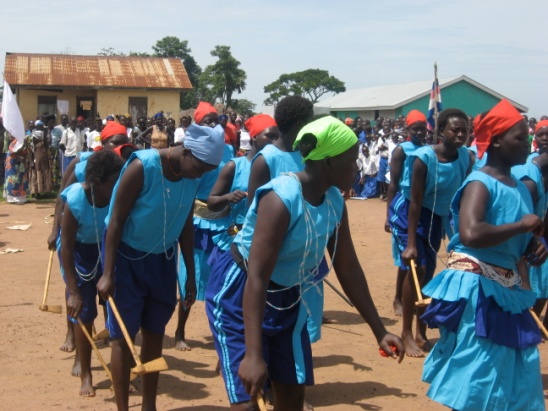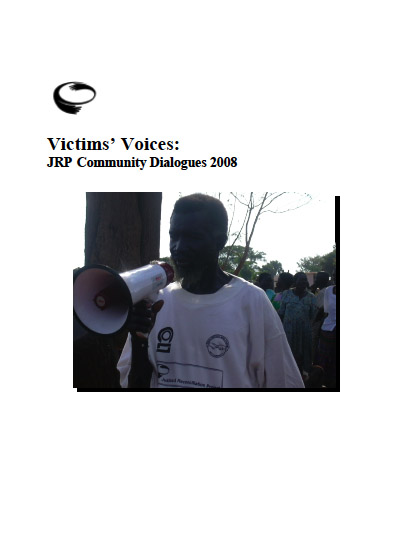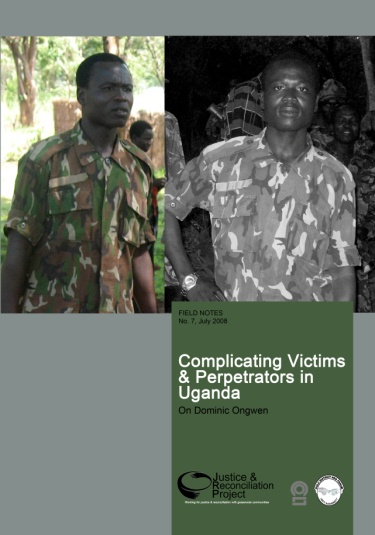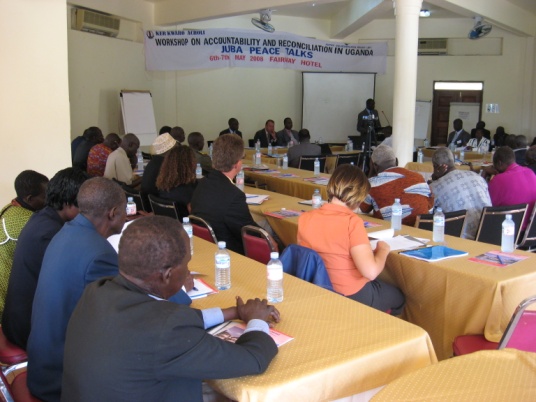“Delay Forgiveness—LRA Victims,” New Vision, 1 August 2010
http://www.newvision.co.ug/D/8/16/727574/Delay%20Forgiveness%E2%80%94LRA%20Victims
By Chris Ocowun
RESIDENTS of Lukodi parish, Bungatira sub-county in Gulu district have called for a delay in the reconciliation drive with the Lord’s Resistance Army (LRA) until rebel leader Joseph Kony comes out of the bush.
They said the Acholi traditional method of reconciliation (Mato-Oput) was supposed to take place between Kony and the Government.
Martin Lukwiya Ocam-Lenga wondered whom Kony would undergo the Mato-Oput with since President Yoweri Museveni was not an Acholi.
This was during a community dialogue organised by the Justice and Reconciliation Project on Friday at Lukodi Centre.
Gipson Okullu said: “Mato-Oput with the LRA rebels cannot stop justice from taking its course against some of the rebel leaders; they should be jailed to give relief to those whose people were massacred in the various areas in Acholi.”
The LRA rebels massacred more than 70 people at Lukodi in 2004.
Okullu added that there were some former LRA returnees, including his son, who were being haunted by the spirits of the people they killed.
He called for more traditional cleansing activities by Acholi elders and traditional leaders.
The project community mobilisation team leader, Sylvia Opinia, said similar dialogue had taken place in Atyak, Barlonyo, Mucwini and Abia.
Jane Francis Adongo of the Uganda Law Reform Commission said the commission was working towards exploring the use of traditional justice mechanisms to solve conflicts.







